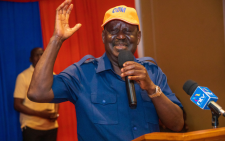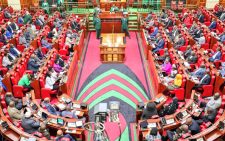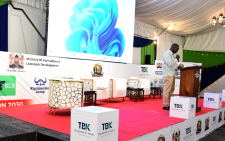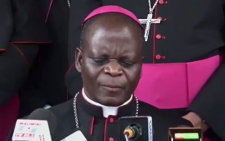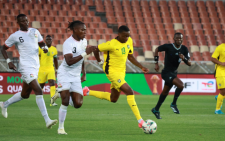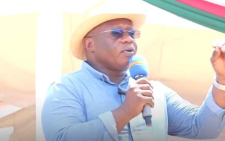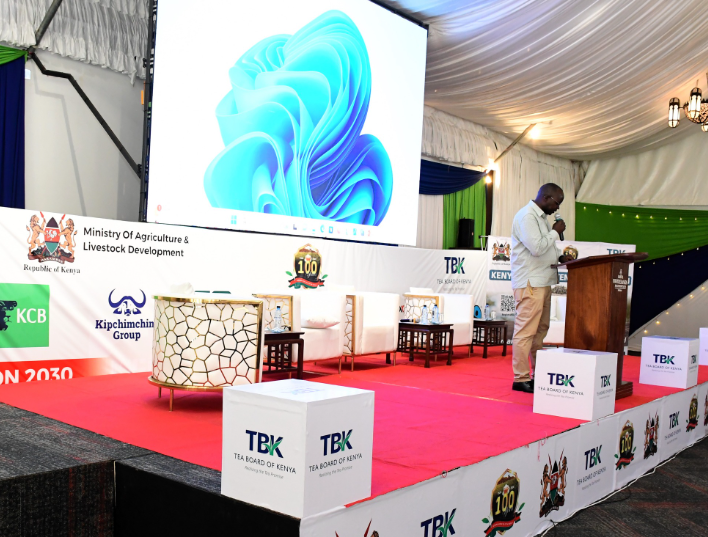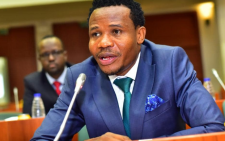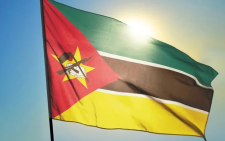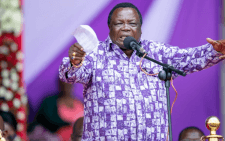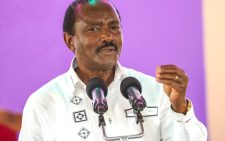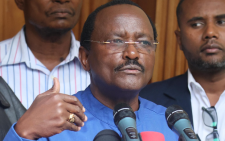The top brass in the Ministry of Sports is in the spotlight after details emerged on how they defied a presidential directive not to engage the services of private consultants for the African Cup of Nations (Afcon) 2027.
It is also said senior ministry officials took advantage of the lacuna created by President William Ruto’s decision on July 1 to dismiss all Cabinet Secretaries, to enter into questionable deals that have now left Kenya’s quest to co-host the continent’s top flight football tournament on shaky ground.
President Ruto is said to have given the directive following revelations that some clique of unscrupulous officials within the Sports Ministry were using the issue of consultancies to siphon millions of shillings meant for Afcon.
Senior officials
On the spot are Sports Principal Secretary Engineer Peter Tum, senior officials in the Ministry and those of Sports Kenya, Sports Fund and Academy of Sports over the decision to spend Sh1 billion to pay private consultants in total disregard of President Ruto’s directive.
Sources now say that top officials in the Ministry took advantage of President Ruto’s move to dismiss the entire Cabinet to procedurally reinstate the services of consultancies as well as cut deals.
Equally, blame is being laid on the ethnic composition of the Sports Fund Board which is charged with the responsibility to approve projects to be undertaken and payments. The Board comprises Sports Principal Secretary Tum, Harry K. Kimtai (Health PS), Belio Kipsang (Education), Dr Chris Kiptoo (National Treasury), Jack Tuwei (Sports Fund chairman).
Before he exited the Ministry when President Ruto dissolved the Cabinet, former Sports Cabinet Secretary Ababu Namwamba had in a letter dated June 26, 2024 directed all departmental heads in the ministry and Semi-Autonomous Government Agencies (SAGAs) under his docket to “immediately terminate the services of consultants for Afcon.”
The letter, with the heading, “cancellation of all consultant contracts and standardisation of infrastructure project costs, indicated that the government was “losing millions of shillings through the uncoordinated scheme.”
Project consultancies
“At a meeting recently held at State House under the chairmanship of His Excellency the President William Ruto, it was noted that project consultancies were among the conduits that escalate project costs. Consequently, all agencies under the Ministry are required to terminate all consultancies services on Afcon with immediate effect,” Ababu had stated in his letter.
Ababu had consequently directed Dr Edwin Tarno, the CEO of the Kenya School of Technical and Vocational Education and Training (TVET) to provide any required support in designing related to stadium infrastructure.
Unlike the private consultancies, the Kenya School of TVETs, provided free services due to the fact that it is a government institution.
However, barely a few days after the dissolution of the Cabinet, senior officials in the Ministry moved with speed to bizarrely reinstate the services of consultancies in total disregard of the earlier directive and without following the laid down procedures.
Last Tuesday, Tum found himself on the receiving end when he was hard pressed to explain before the Parliamentary Sports and Culture Committee how the ministry utilised the funds allocated for Afcon.
Documents tabled before the committee by the Tum-led team indicated the ministry spent more than a billion on consultancy, raising questions about the government’s spending spree at a time when the economy is taking a toll on the public.
Tum told a shocked parliamentary committee team that Sh1 billion had been spent on stadium consultancy related to AFCON, while an additional Sh352 million was spent on regional consultancy services. On top of that, Sh1.5 billion was used for feasibility studies and topographical surveys to support the establishment of sports academies across Kenyan constituencies.
“Why would the ministry spend more than a billion paying hired consultants for projects such as Talanta stadium and sports academies among others? Why can’t the ministry use the services of experts from the Public Works Department?” Yatta MP Basil Ngui wondered.
In response, Tum said that the ministry had hired consultants from the University of Nairobi. He, however, assured the committee that the ministry was reviewing the consultants’ contracts to assess their value.
Terminated contracts
“The ministry has terminated contracts of some of the consultants firms in the new arrangements,” Tum pointed out.
Tum told the Webuye West MP Dan Wanyama led committee that consultants from the University of Nairobi had been engaged for various projects, but admitted that some contracts had already been terminated as part of a new direction for the ministry.
Following the PS’ admission, questions have now emerged over the scope of the consultancies and how they were procured without the approval of the Public Procurement Regulatory Authority (PPRA) in concurrence with the Cabinet Secretary as required by law.
The Ministry is also unable to explain the role of the Ministry of Defence which is the project manager since they had procured the services of private consultants.
Equally more perplexing is the Ministry’s decision to engage the services of private consultants when the Confederation of African Football (CAF) has offered one professional consultant to offer similar services to all the three East African countries…Tanzania, Kenya and Uganda that are scheduled to host the tournament in 2027.
Several questions remain unanswered. Was there competitive bidding or were the consultancy services single sourced, and if so why? Why procure consultants when there are multiple government agencies like the Department of Public Works with a mandate to offer technical services? What exact services were the consultants hired to do, who supervised them, and how was their work evaluated?
What were the specific outputs by the consultants and was there value for money?
What is the relationship between the consultancy firms and Ministry officials, specifically PS Tum, Sports Kenya CEO Pius Metto, and Sports Fund CEO Nuh Ibrahim?
For example, the initial cost of Kasarani Sports Complex had been put atSh 2.4 billion before it was escalated to Sh3.18 billion without any corresponding cost of new works. Likewise, the initial cost of refurbishing Kipchoge Keino stadium had been set at Sh1.86, then moved upwards to Sh2.65 billion before subsequently being put at Sh3.5 billion without any explanation.



